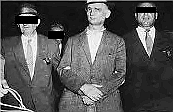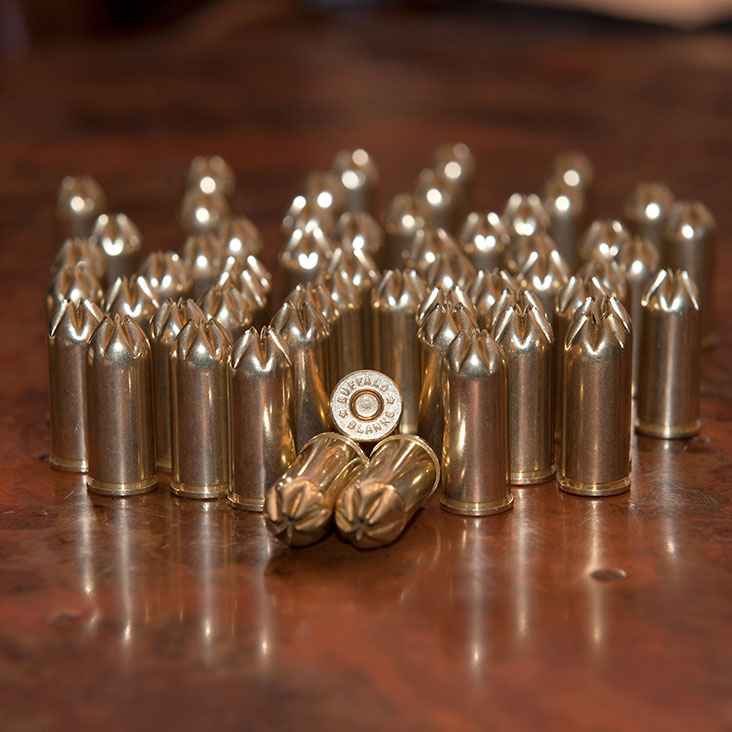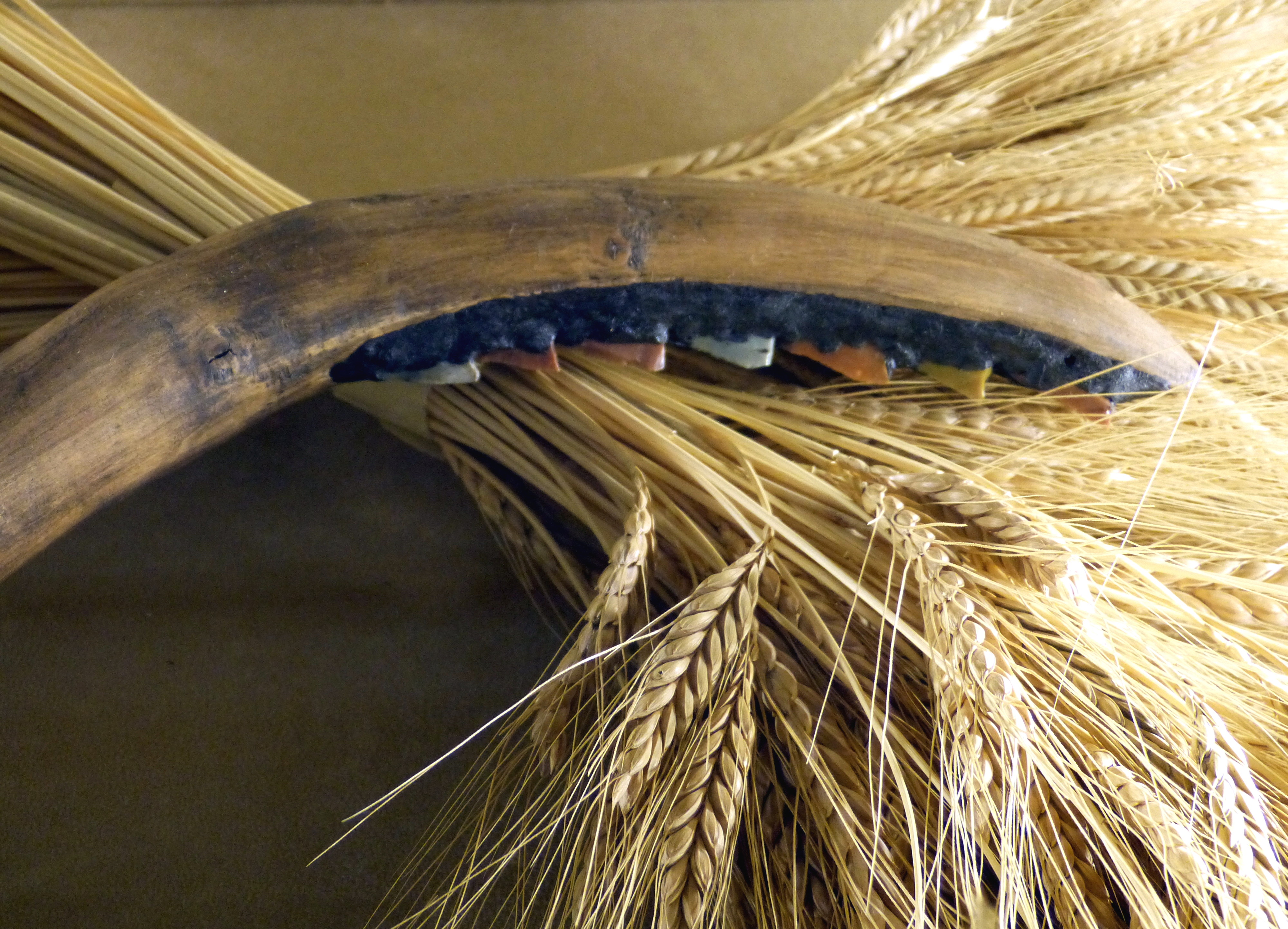|
Tintin In The Land Of The Soviets
''Tintin in the Land of the Soviets'' () is the first volume of ''The Adventures of Tintin'', the comics series by Belgian cartoonist Hergé. Commissioned by the conservative Belgian newspaper as anti-communism, anti-communist satire for its children's supplement , it was serial (literature), serialised weekly from January 1929 to May 1930 before being published in a collected volume by Éditions du Petit Vingtième in 1930. The story tells of young Belgian reporter Tintin (character), Tintin and his dog Snowy (character), Snowy, who are sent to the Soviet Union to report on Joseph Stalin, Stalin's government. Knowing of his intentions, however, the secret police of the Joint State Political Directorate, OGPU are sent to hunt him down. Bolstered by publicity stunts, ''Land of the Soviets'' was a commercial success in Belgium, and also witnessed serialisation in France and Switzerland. Hergé continued ''The Adventures of Tintin'' with ''Tintin in the Congo'', and the series be ... [...More Info...] [...Related Items...] OR: [Wikipedia] [Google] [Baidu] |
Le Petit Vingtième
''Le Petit Vingtième'' (, ''The Little Twentieth'') was the weekly youth supplement to the Belgium, Belgian newspaper ''Le Vingtième Siècle'' ("The Twentieth Century") from 1928 to 1940. The comics series ''The Adventures of Tintin'' first appeared in its pages. History ''Le Vingtième Siècle'' was a Roman Catholic Church, Catholic and Conservatism, conservative newspaper published in Brussels, led by abbot Norbert Wallez. In 1925, 18-year-old Hergé (Georges Prosper Remi), the creator of Tintin, worked there, first as a clerk (position), clerk and, after he fulfilled his conscription, military service, as an illustrator for the main pages and for some supplement (publishing), supplements like the weekly arts pages and the women's section. In 1928, the abbot decided to start a weekly 8-page youth supplement, appearing every Thursday. He called it ''Le Petit Vingtième'' (''The Little Twentieth''). Hergé was named editor-in-chief. In the first issue, appearing on 1 November ... [...More Info...] [...Related Items...] OR: [Wikipedia] [Google] [Baidu] |
Secret Police
image:Putin-Stasi-Ausweis.png, 300px, Vladimir Putin's secret police identity card, issued by the East German Stasi while he was working as a Soviet KGB liaison officer from 1985 to 1989. Both organizations used similar forms of repression. Secret police (or political police) are police, Intelligence agency, intelligence, or Security agency, security agencies that engage in covert operations against a government's political, ideological, or social opponents and dissidents. Secret police organizations are characteristic of Authoritarianism, authoritarian and Totalitarianism, totalitarian regimes. They protect the political power of a dictator or regime and often operate outside the law to repress dissidents and weaken political opposition, frequently using violence. They may enjoy legal sanction to hold and charge suspects without ever identifying their organization. History Africa Egypt Egypt is home to Africa and the Middle East's first internal security service: The Stat ... [...More Info...] [...Related Items...] OR: [Wikipedia] [Google] [Baidu] |
Leon Trotsky
Lev Davidovich Bronstein ( – 21 August 1940), better known as Leon Trotsky,; ; also transliterated ''Lyev'', ''Trotski'', ''Trockij'' and ''Trotzky'' was a Russian revolutionary, Soviet politician, and political theorist. He was a key figure in the 1905 Revolution, October Revolution of 1917, Russian Civil War, and the establishment of the Soviet Union, from which he was exiled in 1929 before Assassination of Leon Trotsky, his assassination in 1940. Trotsky and Vladimir Lenin were widely considered the two most prominent figures in the Soviet state from 1917 until Death and state funeral of Vladimir Lenin, Lenin's death in 1924. Ideologically a Marxist and a Leninist, Trotsky's ideas inspired a school of Marxism known as Trotskyism. Trotsky joined the Russian Social Democratic Labour Party in 1898, being arrested and exiled to Siberia for his activities. In 1902 he escaped to London, where he met Lenin. Trotsky initially sided with the Mensheviks against Lenin's Bolsheviks in ... [...More Info...] [...Related Items...] OR: [Wikipedia] [Google] [Baidu] |
Vladimir Lenin
Vladimir Ilyich Ulyanov ( 187021 January 1924), better known as Vladimir Lenin, was a Russian revolutionary, politician and political theorist. He was the first head of government of Soviet Russia from 1917 until Death and state funeral of Vladimir Lenin, his death in 1924, and of the Soviet Union from 1922 until his death. As the founder and leader of the Bolsheviks, Lenin led the October Revolution which established the world's first socialist state. His government won the Russian Civil War and created a one-party state under the Communist Party of the Soviet Union, Communist Party. Ideologically a Marxist, his developments to the ideology are called Leninism. Born into a middle-class family in Simbirsk in the Russian Empire, Lenin embraced revolutionary socialist politics after Aleksandr Ulyanov, his brother was executed in 1887 for plotting to assassinate Alexander III of Russia, the tsar. He was expelled from Kazan Imperial University for participating in student prote ... [...More Info...] [...Related Items...] OR: [Wikipedia] [Google] [Baidu] |
Blank (cartridge)
A blank is a firearm cartridge that, when fired, does not shoot a projectile like a bullet or pellet, but generates a muzzle flash and an explosive sound ( muzzle report) like a normal gunshot would. Firearms may need to be modified to allow a blank to cycle the action, and the shooter experiences less recoil with a blank than with a live round. Blanks are often used in prop guns for shooting simulations that have no need for ballistic results, but still demand light and sound effects, such as in historical reenactments, special effects for theatre, movie and television productions, combat training, for signaling (see starting pistol), and cowboy mounted shooting. Specialised blank cartridges are also used for their propellant force in fields as varied as construction, shooting sports, and fishing and general recreation. While blanks are less dangerous than live ammunition, they can still be dangerous and can still cause fatal injuries. Beside the explosive gases, any o ... [...More Info...] [...Related Items...] OR: [Wikipedia] [Google] [Baidu] |
Red Army
The Workers' and Peasants' Red Army, often shortened to the Red Army, was the army and air force of the Russian Soviet Republic and, from 1922, the Soviet Union. The army was established in January 1918 by a decree of the Council of People's Commissars to oppose the military forces of the new nation's adversaries during the Russian Civil War, especially the various groups collectively known as the White Army. In February 1946, the Red Army (which embodied the main component of the Soviet Armed Forces alongside the Soviet Navy) was renamed the "Soviet Army". Following the dissolution of the Soviet Union it was split between the post-Soviet states, with its bulk becoming the Russian Ground Forces, commonly considered to be the successor of the Soviet Army. The Red Army provided the largest land warfare, ground force in the Allies of World War II, Allied victory in the European theatre of World War II, and its Soviet invasion of Manchuria, invasion of Manchuria assisted the un ... [...More Info...] [...Related Items...] OR: [Wikipedia] [Google] [Baidu] |
Wheat
Wheat is a group of wild and crop domestication, domesticated Poaceae, grasses of the genus ''Triticum'' (). They are Agriculture, cultivated for their cereal grains, which are staple foods around the world. Well-known Taxonomy of wheat, wheat species and hybrids include the most widely grown common wheat (''T. aestivum''), spelt, durum, emmer, einkorn, and Khorasan wheat, Khorasan or Kamut. The archaeological record suggests that wheat was first cultivated in the regions of the Fertile Crescent around 9600 BC. Wheat is grown on a larger area of land than any other food crop ( in 2021). World trade in wheat is greater than that of all other crops combined. In 2021, world wheat production was , making it the second most-produced cereal after maize (known as corn in North America and Australia; wheat is often called corn in countries including Britain). Since 1960, world production of wheat and other grain crops has tripled and is expected to grow further through the middle of ... [...More Info...] [...Related Items...] OR: [Wikipedia] [Google] [Baidu] |
Kulak
Kulak ( ; rus, кула́к, r=kulák, p=kʊˈɫak, a=Ru-кулак.ogg; plural: кулаки́, ''kulakí'', 'fist' or 'tight-fisted'), also kurkul () or golchomag (, plural: ), was the term which was used to describe peasants who owned over of land towards the end of the Russian Empire. In the early Soviet Union, particularly in Soviet Russia and Azerbaijan, ''kulak'' referred to property ownership among peasants who were considered hesitant allies of the Bolshevik Revolution. In Ukraine during 1930–1931, there also existed a term of podkulachnik (almost wealthy peasant); these were considered "sub-kulaks". ''Kulaks'' referred to former peasants in the Russian Empire who became landowners and credit-loaners after the abolition of serfdom in 1861 and during the Stolypin reform of 1906 to 1914, which aimed to reduce radicalism amongst the peasantry and produce profit-minded, politically conservative farmers. During the Russian Revolution, ''kulak'' was used to chastise ... [...More Info...] [...Related Items...] OR: [Wikipedia] [Google] [Baidu] |
Holodomor
The Holodomor, also known as the Ukrainian Famine, was a mass famine in Ukrainian Soviet Socialist Republic, Soviet Ukraine from 1932 to 1933 that killed millions of Ukrainians. The Holodomor was part of the wider Soviet famine of 1930–1933 which affected the major Agriculture, grain-producing areas of the Soviet Union. While most scholars are in consensus that the main Causes of the Holodomor, cause of the famine was largely man-made, Holodomor genocide question, it remains in dispute whether the Holodomor was intentional, whether it was directed at Ukrainians, and whether it constitutes a genocide, the point of contention being the absence of attested documents explicitly ordering the starvation of any area in the Soviet Union. Some historians conclude that the famine was deliberately engineered by Joseph Stalin to eliminate a Ukrainian independence movement. Others suggest that the famine was primarily the consequence of rapid History of the Soviet Union (1927–53)#Indu ... [...More Info...] [...Related Items...] OR: [Wikipedia] [Google] [Baidu] |
Propaganda In The Soviet Union
Propaganda in the Soviet Union was the practice of state-directed communication aimed at promoting class conflict, proletarian internationalism, the goals of the Communist Party of the Soviet Union, and the party itself. The main Soviet censorship body, Glavlit, was employed not only to eliminate any undesirable printed materials but also "to ensure that the correct ideological spin was put on every published item." After the death of Joseph Stalin, punitive measures were replaced by Punitive psychiatry in the Soviet Union, punitive psychiatry, prison, denial of work, and loss of citizenship. Theory of propaganda According to historian Peter Kenez, "the Russian socialists have contributed nothing to the theoretical discussion of the techniques of mass persuasion. ... The Bolsheviks never looked for and did not find devilishly clever methods to influence people's minds, to brainwash them." Kenez says this lack of interest "followed from their notion of propaganda. They thought ... [...More Info...] [...Related Items...] OR: [Wikipedia] [Google] [Baidu] |
Bolsheviks
The Bolsheviks, led by Vladimir Lenin, were a radical Faction (political), faction of the Marxist Russian Social Democratic Labour Party (RSDLP) which split with the Mensheviks at the 2nd Congress of the Russian Social Democratic Labour Party, Second Party Congress in 1903. The Bolshevik party, formally established in 1912, seized power in Russia in the October Revolution of 1917, and was later renamed the Russian Communist Party, All-Union Communist Party, and ultimately the Communist Party of the Soviet Union. Its ideology, based on Leninism, Leninist and later Marxism–Leninism, Marxist–Leninist principles, became known as Bolshevism. The origin of the RSDLP split was Lenin's support for a smaller party of professional revolutionaries, as opposed to the Menshevik desire for a broad party membership. The influence of the factions fluctuated in the years up to 1912, when the RSDLP formally split in two. The political philosophy of the Bolsheviks was based on the Leninist pr ... [...More Info...] [...Related Items...] OR: [Wikipedia] [Google] [Baidu] |
Communist Party Of Great Britain
The Communist Party of Great Britain (CPGB) was the largest communist organisation in Britain and was founded in 1920 through a merger of several smaller Marxist groups. Many miners joined the CPGB in the 1926 general strike. In 1930, the CPGB founded the ''Daily Worker'' (renamed the Morning Star (British newspaper), ''Morning Star'' in 1966). In 1936, members of the party were present at the Battle of Cable Street, helping organise resistance against the British Union of Fascists. In the Spanish Civil War, the CPGB worked with the USSR to create the British Battalion of the International Brigades, which party activist Bill Alexander (British politician), Bill Alexander commanded. In World War II, the CPGB followed the Comintern position, opposing or supporting the war in line with the involvement of the USSR. By the end of World War II, CPGB membership had nearly tripled and the party reached the height of its popularity. Many key CPGB members served as leaders of Britain's tr ... [...More Info...] [...Related Items...] OR: [Wikipedia] [Google] [Baidu] |











